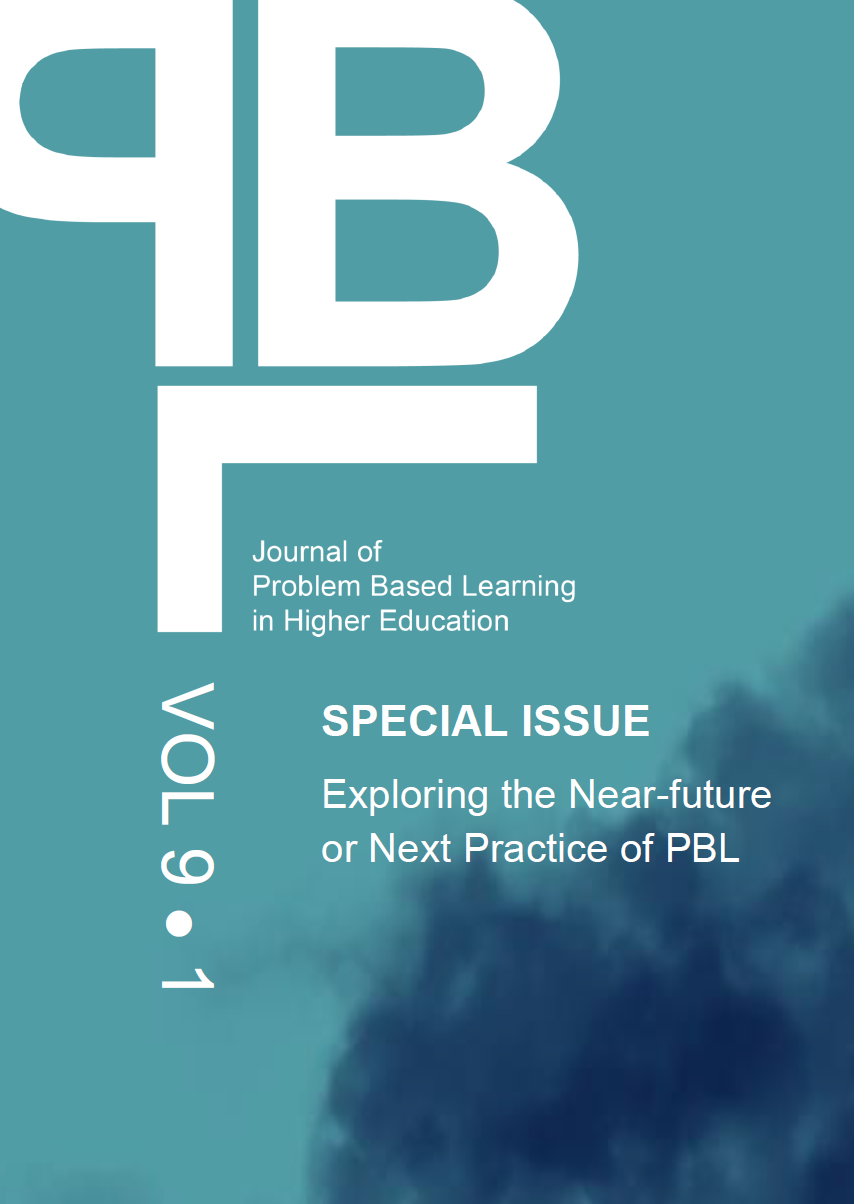Abstract
The purpose of this article is to describe the results from an investigation of the development of students' attitudes and behaviours conducive to self-directed learning (SDL) in problem-based learning. The article reports the results from an application of a newly validated statistical instrument to measure self-directed learning on bachelor students in sociology and data science, comparing first-, second- and third-year students. The results are analysed through factor analysis and by comparing mean scores across the three generations of students. The results suggest that the students develop their SDL attitudes and behaviours through their first three years at a Problem-based learning (PBL) university, but also show that this is not a linear or uniform process. The results of the factor analysis show that the students develop their ability to be self-regulating during their second year and move towards a more internal locus of control during their third year.
Articles published in Journal of Problem Based Learning in Higher Education are following the license Creative Commons Attribution 4.0 (CC-BY)
Authors retain copyright and grant the journal right of first publication with the work simultaneously licensed under a Creative Commons Attribution 4.0 International License (CC-BY). Further information about Creative Commons
